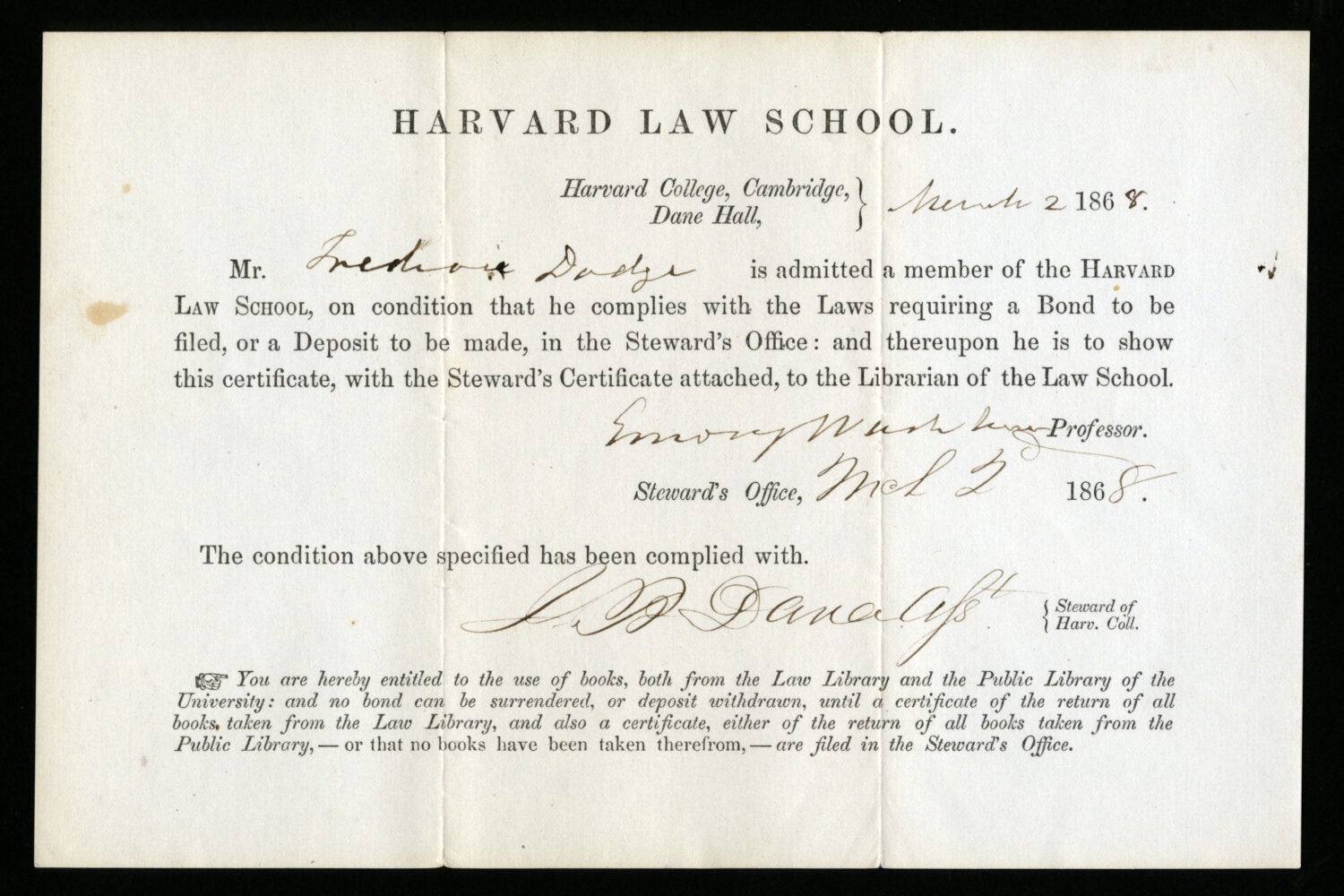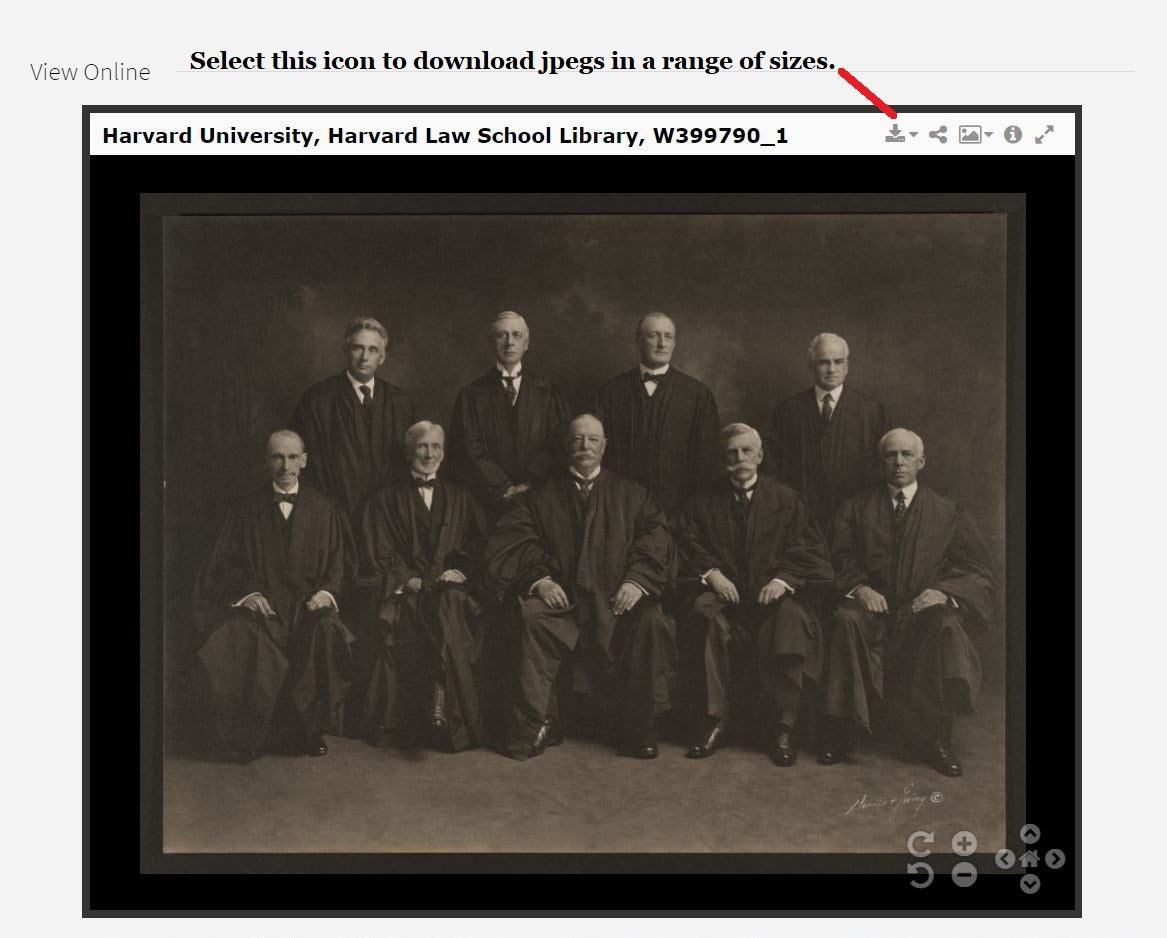
Reading Room Use
Materials in Historical & Special Collections are open to all researchers regardless of academic affiliation. In order to gain access to materials researchers:
- Must have a HOLLIS Special Request account
- Are required to show a photo ID upon arrival in the Historical & Special Collections Reading Room
Digital Images
Researchers are permitted to take digital images with their own cameras or cell phones to assist with note-taking. Approval is based on the condition of the item, copyright, and various other restrictions that may apply to specific items or collections.
Reproductions
Requests for reproductions including digital scans, digital prints, high resolution file retrieval, and audio-visual reformatting are considered on a case-by-case basis. Permission depends upon the physical condition of the material in question, and ability to reproduce should not be assumed in advance. If a fee is involved, all orders must be paid in full before requests will be processed. Receipt of reproductions does not include permission to publish the reproduction.
All reproduction requests are processed through HOLLIS Special Request (HSR). Use this link to register for a HOLLIS Special Request account. Here is a HOLLIS Special Request tutorial if you have questions.
Permission to Publish
Researchers are not required to request permission from Historical & Special Collections (HSC) at the Harvard Law School Library to quote from or publish images, commercially or non-commercially, of the types of material listed below, nor does it charge fees for such activities.
- Published material in the public domain (books, broadsides, woodcuts, engravings, etc.)
- Medieval manuscripts, deeds, and manor rolls
- Paintings and drawings in the public domain
- Photographs in the public domain
- Modern manuscripts in the public domain (See Copyright Term and the Public Domain in the United States – Cornell Copyright Information Center to determine if the material is under copyright or in the public domain)
The vast majority of material in HSC is either in the public domain or under copyrights not controlled by HSC. If researchers wish to quote, publish, perform, reproduce or otherwise make any use of an item in HSC’s collections that requires permission from the copyright holder(s) of the item, it is the researcher’s responsibility to obtain all such permissions.
For further information about the use of public domain digital reproductions, see the Harvard Library Policy on Access to Digital Reproductions on Works in the Public Domain adopted September 30, 2014.
If you have further questions about publishing material or need help with your citation please contact us.
If you are a copyright owner who is not properly identified, please let us know so that we may provide appropriate information to researchers in the future.
specialc@law.harvard.edu
617.495.4550
